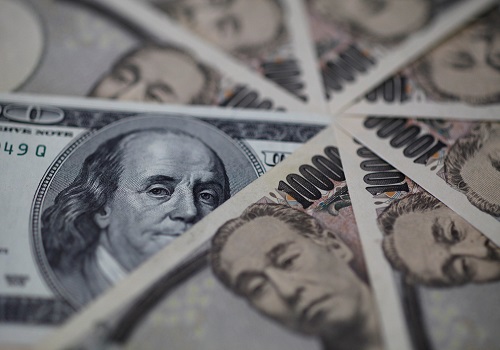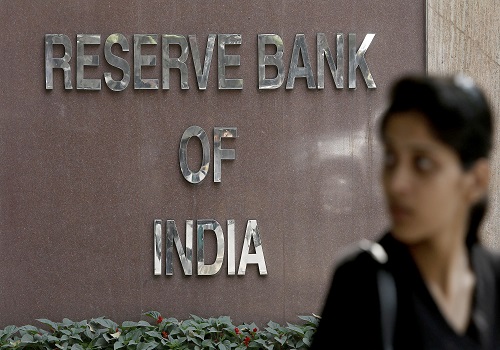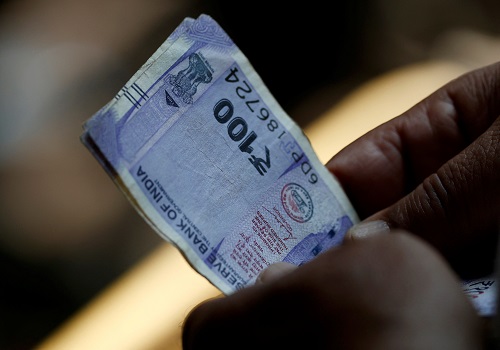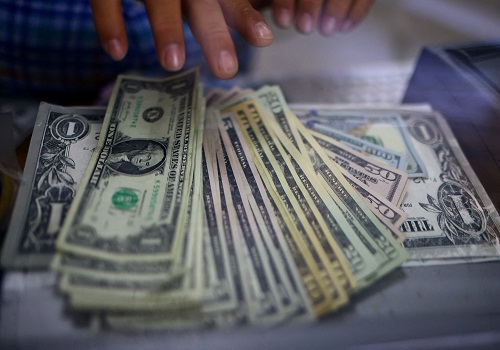Dollar rises on safe haven bids; yen regains footing

The dollar rose broadly on Thursday as growth concerns about the U.S. economy drove demand for the safe-haven greenback, while the yen renewed its ascent as investors doubled down on bets that the Bank of Japan would shift away from its yield curve control policy.
Weak U.S. data released on Wednesday showed that U.S. retail sales fell by the most in a year in December and manufacturing output recorded its biggest drop in nearly two years, stoking fears that the world's largest economy is headed for a recession.
"Those weak data really reinforced market concerns about an imminent U.S. recession ... (which) really supported the dollar, and I think that will become a growing narrative in the coming months," said Carol Kong, a currency strategist at Commonwealth Bank of Australia (CBA).
Sterling fell 0.17% to $1.2327, away from the previous session's one-month high of $1.2435, while the Aussie skidded 0.49% to $0.6907, after suffering a 0.64% loss on Wednesday.
The euro shed 0.02% to stand at $1.0792, similarly some distance from Wednesday's nine-month high of $1.08875, even as French central bank chief Francois Villeroy de Galhau maintained a hawkish stance over the European Central Bank's future rate-hike path.
The fresh wave of risk aversion - compounded by news of job cuts by tech giants Microsoft and Amazon - also kept the dollar in bid.
"The effects of the FOMC tightening will just become more and more visible," Kong said.
However, the greenback failed to eke out a gain against the Japanese yen and was last 0.4% lower at 128.42 yen, unwinding most of its previous day's rally in the immediate aftermath of the BOJ's decision to stand pat on its ultra-loose monetary policy.
Defying market expectations, the BOJ kept its interest rate targets and yield band intact, and instead crafted a new weapon to prevent long-term rates from rising too much, in a show of resolve to maintain its YCC policy for the time being.
The decision sent the yen plunging some 2% against the greenback and against other currencies shortly after, alongside Japanese government bond yields, which tumbled the most in two decades at one point on Wednesday.
The euro was last 0.39% lower at 138.58 yen, while sterling fell 0.23% to 158.27 yen, as markets continued to test the resolve of the BOJ's ultra-dovish stance.
"I think it's really reflecting the fact that market participants are still speculating a shift in the Bank of Japan's policy despite their inaction yesterday," said CBA's Kong. "While there's still high expectations for a policy shift ... I think that will keep the yen pretty elevated in the near term."
Elsewhere, the kiwi fell 0.31% to $0.6425. New Zealand Prime Minister Jacinda Ardern will not seek re-election and plans to step down no later than early February, she said in a televised statement on Thursday.
Against a basket of currencies, the U.S. dollar index rose 0.09% to 102.42.



















